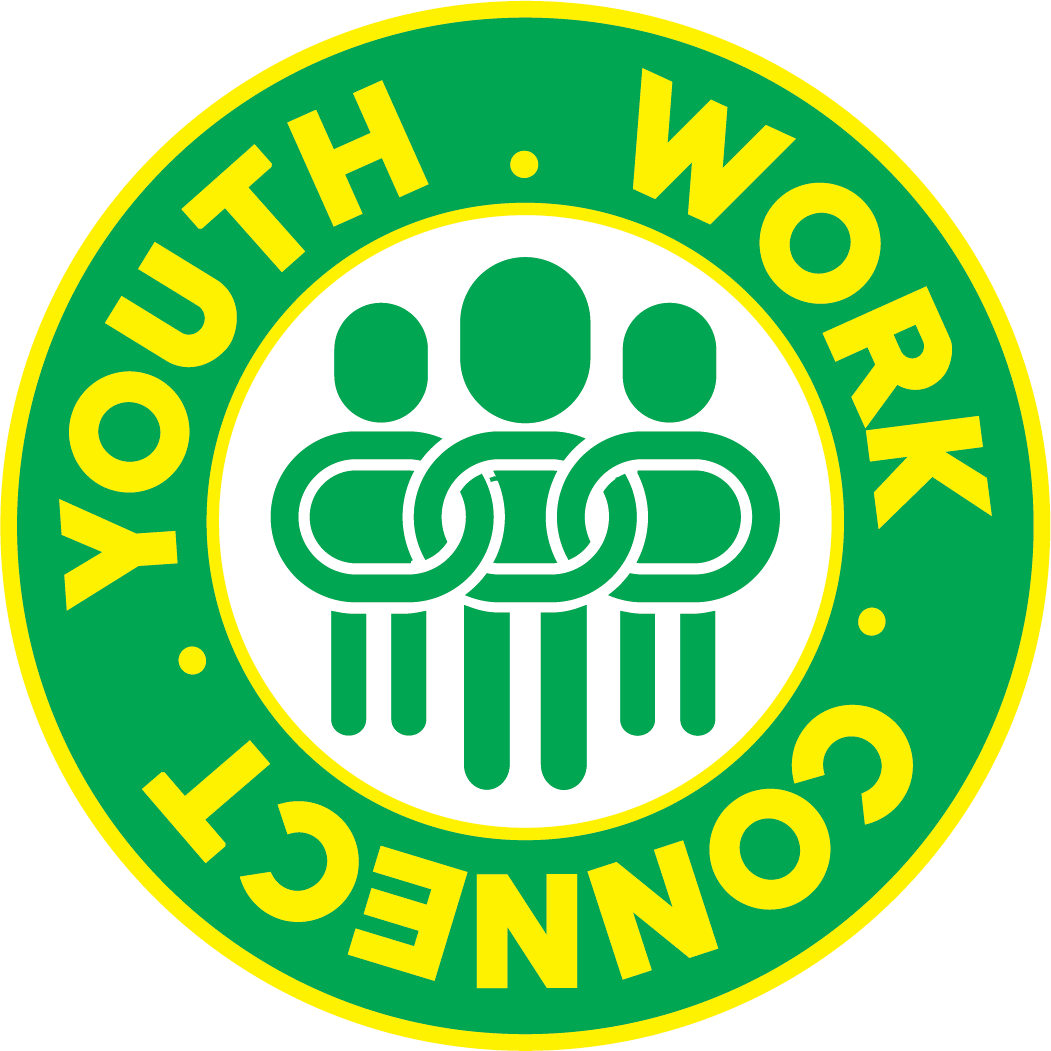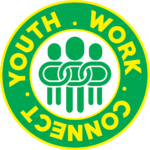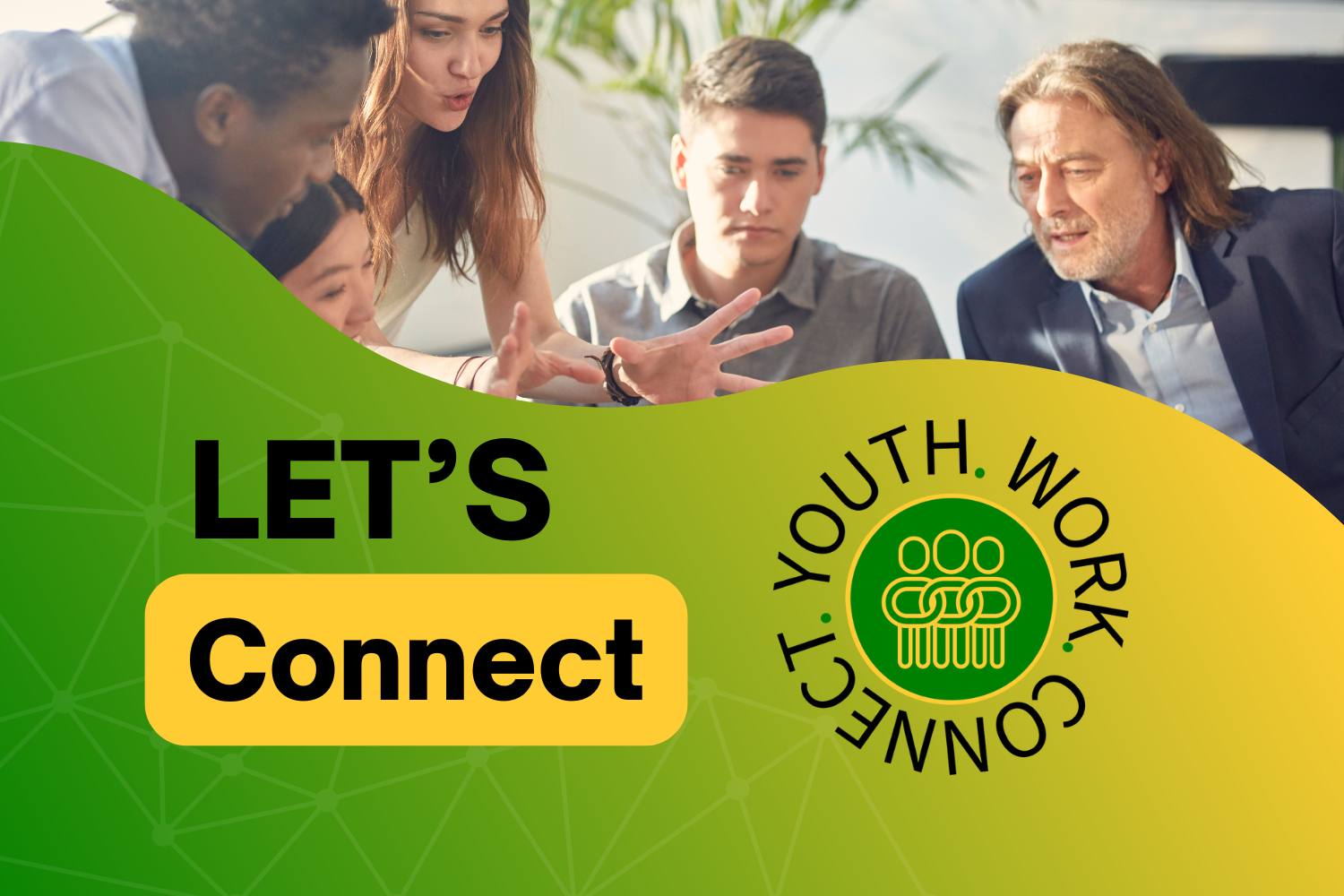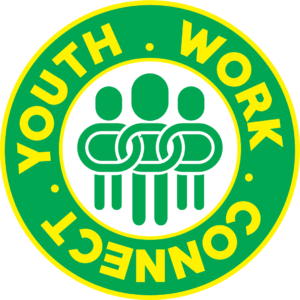BUILDING POWER SKILLS Part 4 – Creative and Innovative Problem Solving
This month, we take a look at our fourth and final category of essential Power Skills that make us more effective workers and leaders– Creative and Innovative Problem-Solving.
In the workplace, creative and innovative problem-solving allows us to overcome obstacles and find new solutions as we look to thrive. While challenges are inevitable, the ability to approach them with fresh perspectives and strategies can make them manageable.

What Are the Skills Associated with Creative and Innovative Problem-Solving?
Creative and innovative problem-solving draws on a set of skills that empower you to address issues from multiple angles and adapt to changing circumstances.
Here are some of the key power skills that we have identified for this category:
- Creativity and imagination – generating original ideas and envisioning new possibilities
- Critical thinking – analyzing situations logically and making informed decisions
- Applying new technologies – leveraging modern tools and platforms to enhance solutions
- Risk taking – stepping outside your comfort zone to pursue bold ideas and approaches
Why is the Ability to Solve Problems Creatively and Innovatively Important for Your Career?
Demonstrating these skills shows your ability to overcome obstacles in the workplace and achieve solutions in new ways. It also draws on your ability to get input and share ideas with others. By embracing innovation, you can develop connections from a wide range of new and unexpected sources, expanding your professional network and building relationships.
As you reflect on this Power Skill, ask yourself the following questions:
- How can I use my creativity and problem-solving skills to contribute to my school, workplace, or any organization that I belong to?
- How can I identify mentors and other professionals who can expand my problem-solving perspectives?
- What emerging technologies or tools could enhance my approach to addressing complex challenges?

What’s On Our Mind
In its 2025 Post-Graduation Readiness Report, YouScience highlights the persistent lack of confidence and preparation high school graduates have in their post-graduation plans. Their most recent data indicates that 70% lack strong confidence in their plans and that 72% feel only moderately, slightly, or not at all prepared.
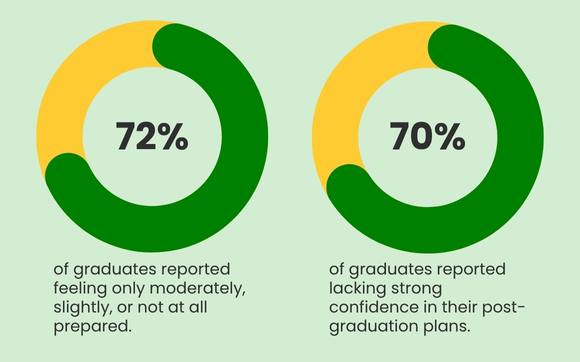
These gaps demonstrate the need for more career planning and readiness development in high school. One of the ways to gain that experience, cited in their report, is through work-based learning. Work-based learning or youth employment, more broadly, can benefit all students, whether they plan to go to work directly after high school, attend a 2-year or 4-year college, attend trade school, or join the military.
Youth employment provides opportunities for career exploration and defining career goals, building important professional connections and relationships, and developing the Power Skills sought by future employers.
Summer jobs, internships, and apprenticeships are all potential avenues for students to pursue, employers to create, and schools to support.These programs can be particularly effective if they are designed to incorporate each of the elements described above.
LET’S STAY CONNECTED
We would appreciate your thoughts on our initiative and welcome opportunities to collaborate. You can reach us at info@youthworkconnect.org and we look forward to staying connected.
